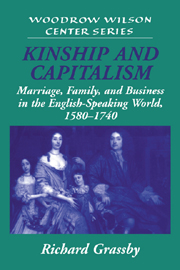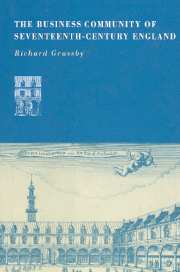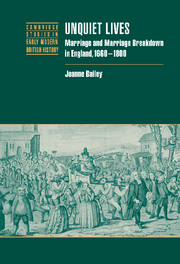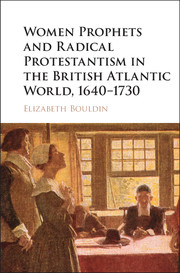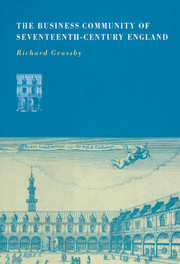Kinship and Capitalism
This uncompromisingly empirical study reconstructs the public and private lives of urban business families during the period of England's emergence as a world economic power. Using a broad cross-section of archival, rather than literary, sources, it tests the orthodox view that the family as an institution was transformed by capitalism and individualism. The overall conclusion is that none of the abstract models invented to explain the historical development of the family withstand empirical scrutiny and that familial capitalism, not possessive individualism, was the motor of economic growth.
- This book has no parallel or rival in the existing literature and will be consulted by everyone working in the period for the forseeable future
- Provides much genuine data on women and women's issues
- Addresses the debates over theory and cultural studies, the relative power of men and women, the decline of community, the impact of material values and the conflict between generations
Reviews & endorsements
"This is one of the most important works on early modern English religion to have appeared for many years." American Historical Review
"...original in conception and well researched and presented...invaluable for understanding the economic and social change that shaped early modern Britain." Journal of Social History
"...a significant contribution..." Renaissance Quarterly
"Grassby's curiosity is quite wide-ranging, and many of the topics covered are handled in a thought-provoking and disciplined manner...a valuable resource that also raises intriguing questions for all interested in the evolution of the premodern business family." Journal of Interdisciplinary History
Product details
November 2000Hardback
9780521782036
528 pages
238 × 163 × 36 mm
0.94kg
42 tables
Available
Table of Contents
- Tables
- Abbreviations
- Explanatory notes
- Preface
- Introduction: models and myths
- Part I. Marriage:
- 1. Making a match
- 2. Husbands and wives
- 3. Widowers and widows
- Part II. The Business Family:
- 4. Parents and children
- 5. Adulthood and old age
- 6. Kin and community
- Part III. The Family Business:
- 7. Men in business
- 8. Women in business
- 9. Inheritance and advancement
- Conclusion: capitalism and the life cycle
- Appendices
- Sources
- Index.

